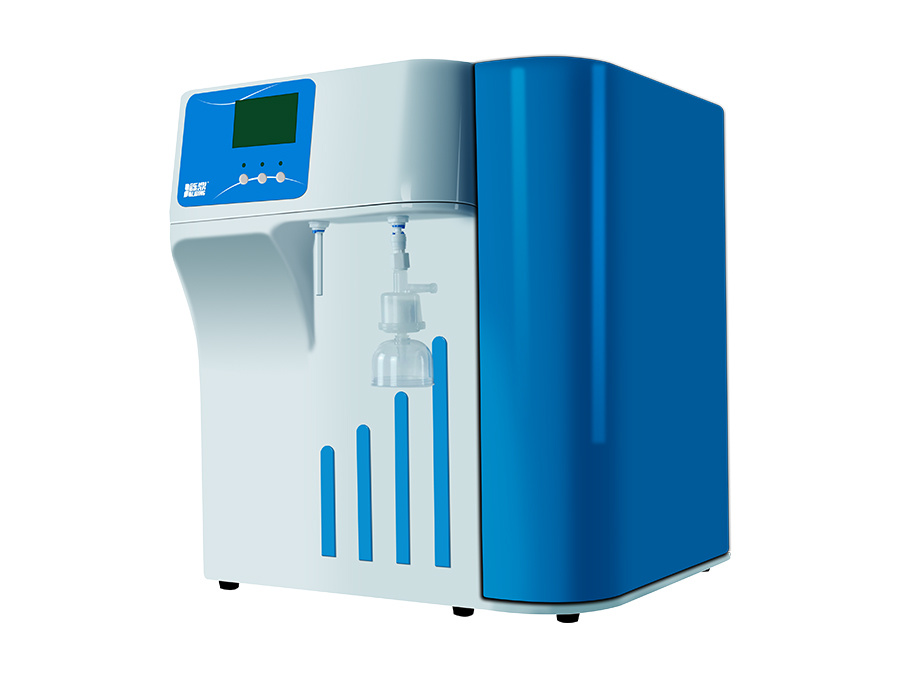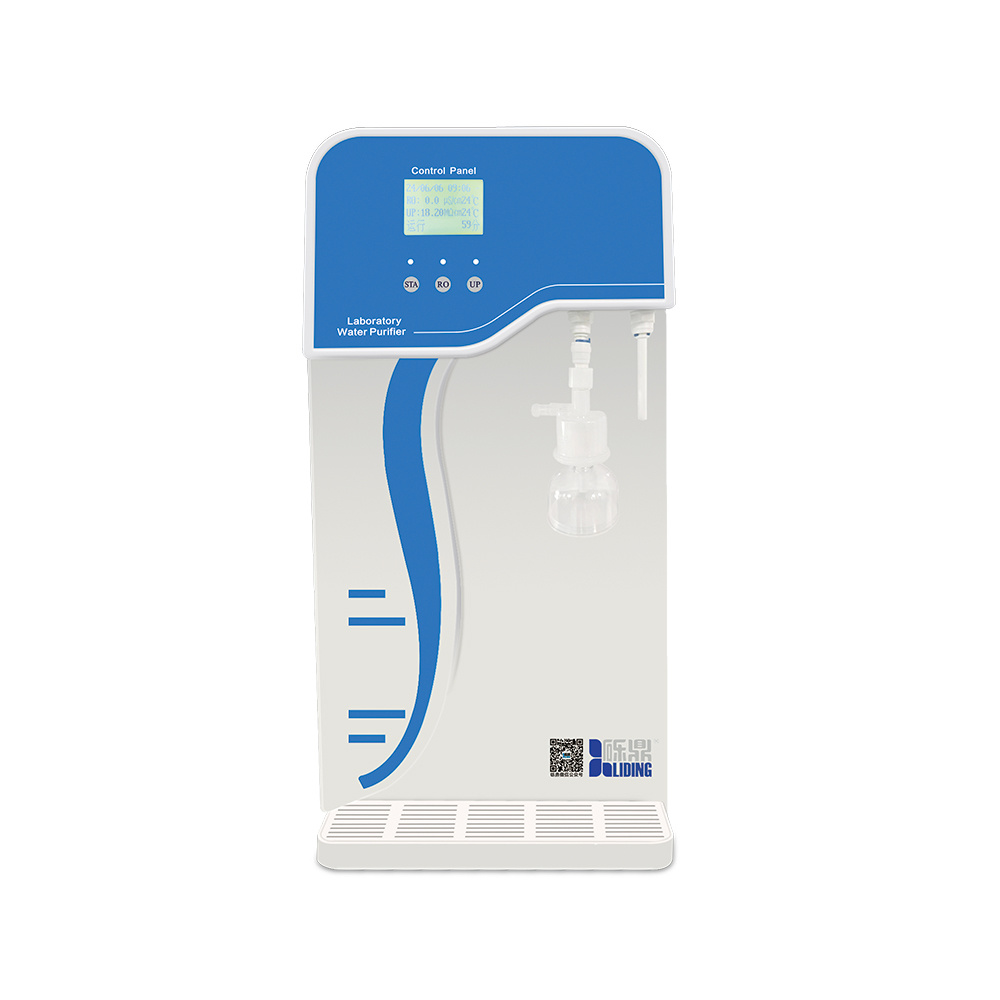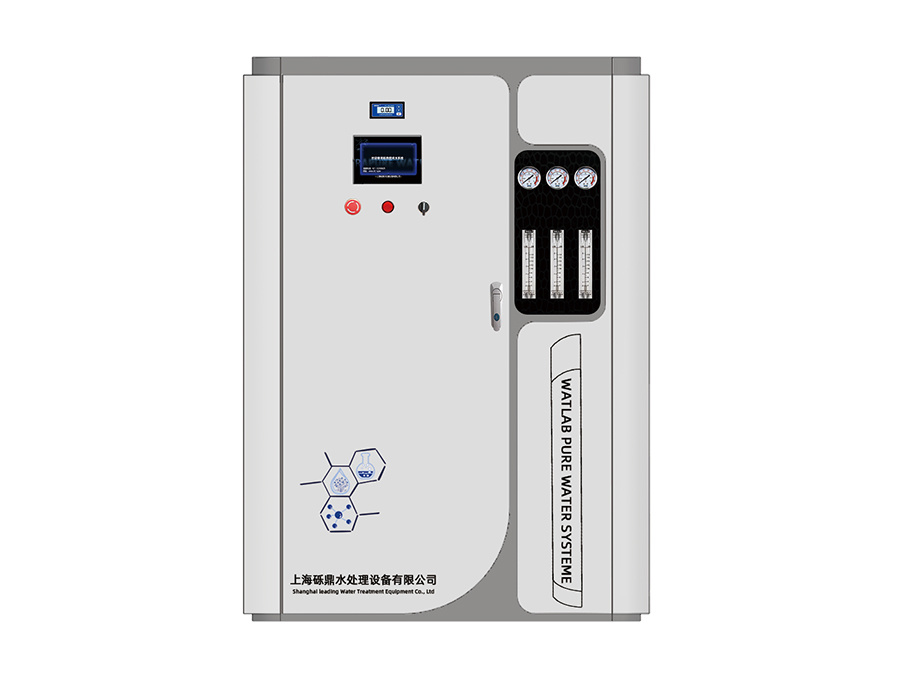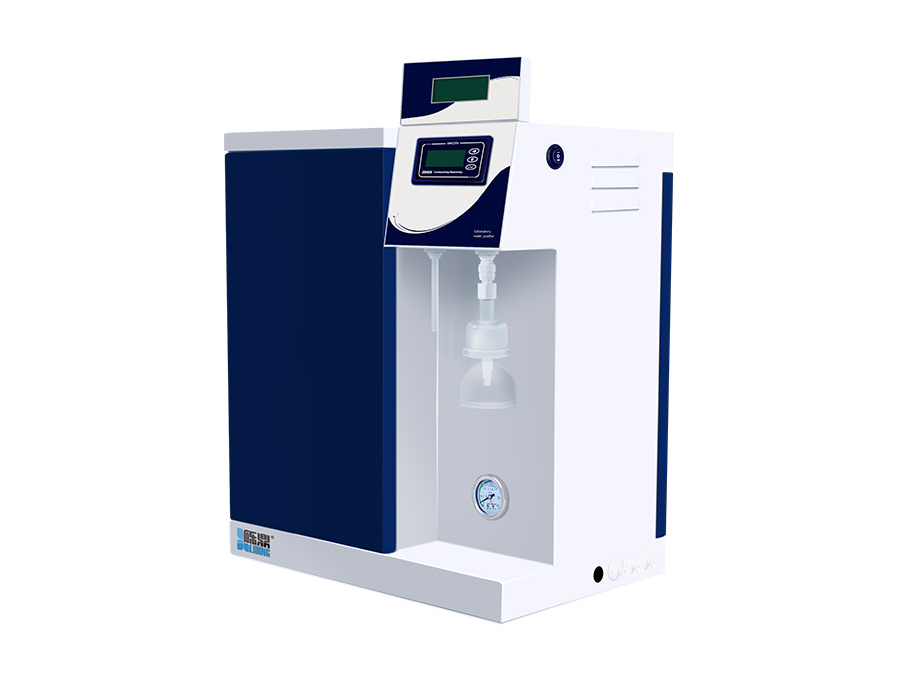Understanding the Advanced Technology Behind Ultra Purified Water Systems
Time:
Sep 23,2025
Understanding the Advanced Technology Behind Ultra Purified Water Systems
Table of Contents
- Introduction to Ultra Purified Water Systems
- What is Ultra Purified Water?
- The Importance of Ultra Purification in Industry
- The Technology Behind Ultra Purified Water Systems
- Reverse Osmosis: The Cornerstone of Purification
- Advanced Oxidation Processes: A Breakthrough
- Membrane Filtration: Ensuring Maximum Purity
- Applications of Ultra Purified Water Systems
- Benefits of Using Ultra Purified Water
- The Future of Water Purification Technology
- Frequently Asked Questions
- Conclusion
Introduction to Ultra Purified Water Systems
Ultra purified water systems play a pivotal role in various industries that demand the highest level of water quality. From pharmaceuticals to food and beverage production, the need for pristine water is driven by strict regulatory standards and the desire for product integrity. This article delves into the technology that supports these systems, exploring its components, features, and the science behind it.
What is Ultra Purified Water?
Ultra purified water is water that has undergone extensive treatment to remove impurities, including dissolved solids, organic compounds, and microbiological contaminants. The aim is to achieve a level of purity that meets or exceeds the requirements set by organizations like the U.S. Pharmacopeia (USP) and the World Health Organization (WHO). Typically, ultra purifying processes can reduce total dissolved solids (TDS) to less than 1 part per million (ppm), making it suitable for critical applications.
The Importance of Ultra Purification in Industry
The significance of ultra purified water in industrial applications cannot be overstated. Many sectors rely on it for:
- **Pharmaceutical Manufacturing**: Ensuring product safety and efficacy.
- **Electronics Production**: Preventing contamination in semiconductor fabrication.
- **Food and Beverage Processing**: Maintaining flavor and quality.
- **Laboratory Research**: Providing a consistent and reliable source of water for experiments.
The stringent requirements for water quality in these industries underline the critical need for advanced purification technologies.
The Technology Behind Ultra Purified Water Systems
Ultra purified water systems utilize a combination of advanced technologies to achieve high purity levels. Here, we explore some of the core technologies employed:
Reverse Osmosis: The Cornerstone of Purification
Reverse osmosis (RO) is a widely used purification method that utilizes a semipermeable membrane to remove contaminants. Water is forced through the membrane under pressure, allowing only water molecules to pass while leaving behind larger particles, salts, and organics. This process effectively:
- Reduces TDS levels dramatically.
- Eliminates bacteria and viruses.
- Produces consistent quality water.
RO serves as the primary step in many ultra purification systems, laying the groundwork for subsequent treatments.
Advanced Oxidation Processes: A Breakthrough
Advanced oxidation processes (AOP) combine ozone, hydrogen peroxide, and UV light to create hydroxyl radicals, which are highly reactive species that can decompose organic contaminants. This method offers several advantages:
- Enhanced degradation of complex organic molecules.
- Effective disinfection, eliminating pathogens.
- Reduction of chemical oxygen demand (COD) levels.
By employing AOP, industries can achieve even higher quality standards in their water supply.
Membrane Filtration: Ensuring Maximum Purity
Membrane filtration technologies, such as microfiltration and ultrafiltration, are crucial for removing suspended solids and microorganisms. These processes complement RO and AOP, providing multiple layers of filtration to ensure maximum purity. Key benefits include:
- Increased removal efficiency for particulates and pathogens.
- Extended membrane life with reduced fouling.
- Improved water clarity and quality.
By integrating membrane filtration, ultra purified water systems can deliver an exceptionally clean product.
Applications of Ultra Purified Water Systems
The versatility of ultra purified water systems allows for a wide range of applications. Some critical areas include:
- **Pharmaceuticals**: Ensuring active pharmaceutical ingredients (APIs) are mixed with the highest purity water.
- **Laboratories**: Providing high-purity water for analytical testing and experiments.
- **Cosmetics**: Maintaining quality standards and preventing contamination in formulations.
- **Industrial Processes**: Used in cooling systems, boiler feedwater, and rinsing processes where water quality is critical.
Each application underscores the vital role of ultra purified water and the technologies that make it possible.
Benefits of Using Ultra Purified Water
Utilizing ultra purified water offers numerous advantages, including:
- **Improved Product Quality**: High purity leads to better product integrity, taste, and effectiveness in various applications.
- **Regulatory Compliance**: Meeting stringent industry standards fosters trust and reliability.
- **Reduced Maintenance Costs**: Cleaner water can lead to less scaling and fouling in equipment, reducing maintenance and operational costs.
- **Enhanced Safety**: Protecting against contaminants improves safety for both products and end-users.
These benefits reinforce the necessity of ultra purified water systems across numerous industries.
The Future of Water Purification Technology
As industries evolve, so too does the technology behind ultra purified water systems. Innovations in water treatment are on the horizon, including:
- **Smart Water Systems**: Integrating IoT technology for real-time monitoring and optimization of purification processes.
- **Sustainability Practices**: Developing methods for water reuse and recycling to minimize waste.
- **Advanced Nanotechnology**: Exploring new materials for membranes that enhance filtration and reduce fouling.
As we look ahead, the continuous advancement in purification technologies promises to enhance water quality and sustainability.
Frequently Asked Questions
1. What are the main technologies used in ultra purified water systems?
The primary technologies include reverse osmosis, advanced oxidation processes, and membrane filtration techniques.
2. How does reverse osmosis work?
Reverse osmosis uses a semipermeable membrane to separate contaminants from water, allowing only pure water to pass through under pressure.
3. Why is ultra purified water important for pharmaceuticals?
Ultra purified water is essential for pharmaceuticals to ensure the safety and efficacy of products, adhering to strict regulatory standards.
4. Can ultra purified water be reused in industrial processes?
Yes, advancements in water purification technology enable the reuse of ultra purified water, promoting sustainability in industrial applications.
5. What is the difference between ultra purified and distilled water?
While both are purified, ultra purified water typically has lower TDS levels and may undergo additional purification steps, such as advanced oxidation, compared to distilled water.
Conclusion
In conclusion, ultra purified water systems are integral to various industries that demand the highest standards of water quality. By harnessing advanced technologies such as reverse osmosis, advanced oxidation processes, and membrane filtration, these systems ensure that water is free from impurities and contaminants. As the demand for high-purity water continues to grow, so too does the innovation in purification technologies. Understanding the complexities and benefits of ultra purified water systems will empower industries to make informed decisions, ensuring product integrity and compliance with stringent regulatory standards. Investing in ultra purified water technology is an investment in quality, safety, and sustainability.
RELATED NEWS








